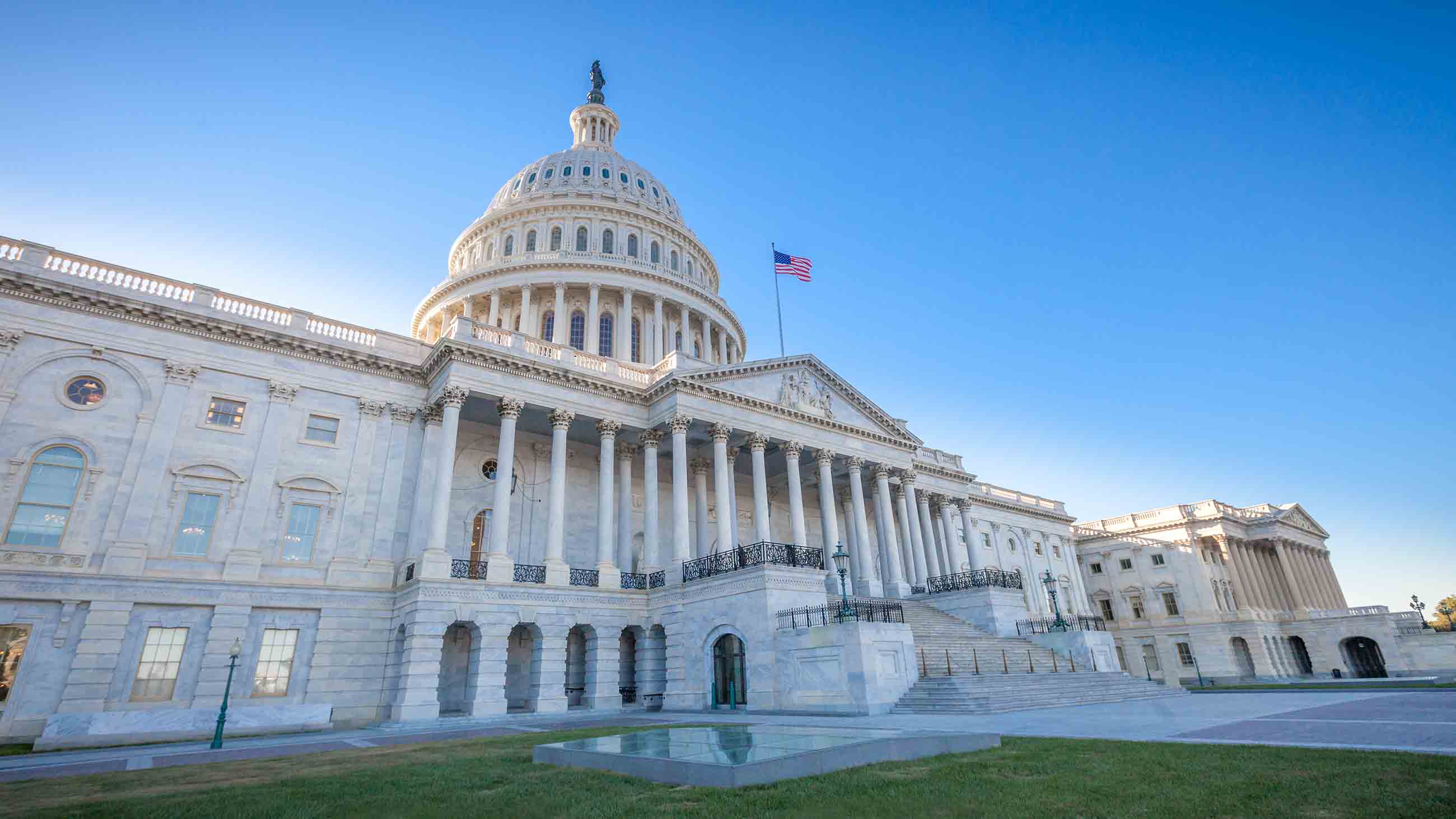Tag: congress
-

Possible Government Shutdown with CHIP in the Balance?
Friday, Jan. 19: Government shutdowns are rare, with the last shutdown in 2013 that lasted 17 days. Even though the U.S. House passed legislation that would fund CHIP for six more years, the Senate may not approve the measure. In fact, Congress is facing the possibility of another government shutdown, which could leave health care…
-

Coalition Pushes for CHIP Reauthorization
DOWNLOAD A COPY OF THE JOINT LETTER The Medical Association, the Alabama Chapter of the American Academy of Pediatrics, state lawmakers and a number of organizations advocating for children’s health care are petitioning the Alabama Congressional Delegation to support reauthorization of a bipartisan CHIP funding bill before the Sept. 30 deadline. In a…
-

The Medical Association Supports Replacement of ACA with Workable Health Care System
The Medical Association released its 2017 Legislative Agendas earlier this year, which were developed with guidance from the House of Delegates and great contribution from our physician members who participated in the 2017 Legislative Agenda Survey. The Medical Association has continued to express support for the repeal of the Affordable Care Act and its replacement…